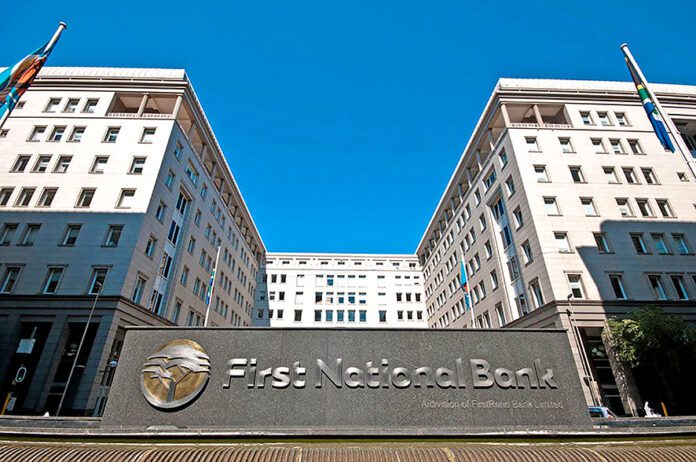South Africa’s biggest banks reported a combined profit of R100-billion in 2022 financial, assisted partly by high-interest rates they are getting from loans, a study conducted by professional services firm PwC shows.
Banks such as Absa, Nedbank, FirstRand and Standard Bank a year earlier reported profits of R86.6-billion.
Revenues for banks in 2022 were boosted by cyclically higher interest rates.
The South African Reserve Bank has hiked the cost of credit by a cumulative 425 basis points since November 2021, which has sent benchmark borrowing costs to levels last seen 14 years ago.
This saw banks report higher net interest income in the 2022 financial year. Net interest income is a financial measure used to calculate the difference between the revenue generated from a bank’s interest-bearing assets and the cost of servicing liabilities.
Absa’s net interest income rose 13% to R60.5-billion and profit increased by 14% to R20.26-billion – its highest ever.
Standard Bank also delivered record headline earnings (profit) of R34.2-billion for the twelve months to 31 December 2022, up 37% on the twelve months to December 31 2021.
Nedbank’s profit grew by 20% to R14-billion – the highest headline earnings the group has ever reported.
FirstRand, the financial services group that owns FNB and WesBank, reported normalised earnings attributable to ordinary shareholders rose 15% to R18.05-billion in the six months to end-December 2022, up from R15.74-billion the previous year.
PwC said the 2022 results represented the highest combined annual earnings achieved by South Africa’s biggest banks. “Robust operational momentum across retail, business and corporate banking franchises, strong customer activity, strength and depth of transactional and deposit franchises, and the positive endowment effects of an elevated interest rate cycle provided the basis for the major banks’ revenue growth in 2022,” PwC said.
While high-interest rates boost banks’ profits, it also has the effect of leading to lenders incurring more bad debts on their books as consumers struggle to keep up with repayments.
Absa’s credit impairments jumped 61% to R13.7-billion with write-downs on personal loans rising the fastest at 49%.
Standard Bank also reported a 22% rise in credit impairment charges in 2022 at R12.1-billion. Nedbank saw a 28% rise in 2022 impairments in its retail and business banking franchise, which climbed to R6.61-billion.
Follow @SundayWorldZA on Twitter and @sundayworldza on Instagram, or like our Facebook Page, Sunday World, by clicking here for the latest breaking news in South Africa.



